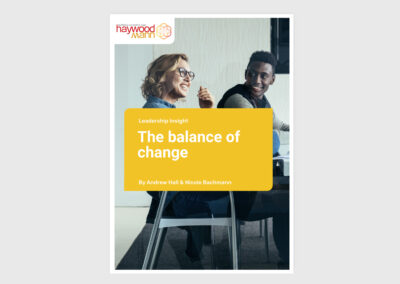Getting emotional at work. Everyone’s worst nightmare, right? For the person who is on the receiving end probably even more so than for the person who it is happening to.
What are we so worried about here? Being seen as unable to cope? Being seen as weak? A wimp? Incapable?
And if you are on the receiving end? How to react? What to suggest? How to calm the person down? How to bring things back onto an even keel? How to rescue the meeting/project? How to deal with the aftermath? How to treat your boss/colleague/member of staff – whoever it was who ‘lost it’ – in the future? How to make sure you never ever find yourself in that situation again?
Why does it pay to think about this at all? Can’t we just ignore it and pretend it didn’t happen? Well, I suppose you could…and how would that help preventing it from happening again? Hmmm, you see?
Emotions are part of our make-up as humans, and as such they are traveling with us wherever we go. Used constructively, respected and managed well, they make a huge contribution to the quality and effectiveness of collaboration in your organisation.
Emotional intelligence – which allows us to use emotions constructively and maximize the contribution they make to productivity – has been seen as a capability critical to success as a leader since the last decade of the last century.
Why? Because it is the thing that makes the difference between a culture that empowers people through situational leadership and a culture that relies on a top down approach to move the company forward. The former reigns in long term competitive businesses.
So, how can you hone your emotional intelligence and get better at not only dealing comfortably with whatever emotions your people display, but at managing those emotions successfully into a culture of empowerment?
Good question. And no easy answers.
A good place to start would be looking at yourself and how you manage your own emotions. How often do you feel overwhelmed? By which situations? By which person? By which group of people? How do your responses change when you are overwhelmed? How do you manage that overwhelm? Who do you turn to for assistance in assessing and analyzing the root causes for it? What are you learning about yourself in that process?
Being able to deal constructively and effectively with other people’s emotions in the workplace is dependent on being able to do so with your own. And as we have already established, if you are leader in an organisation neither is optional.


